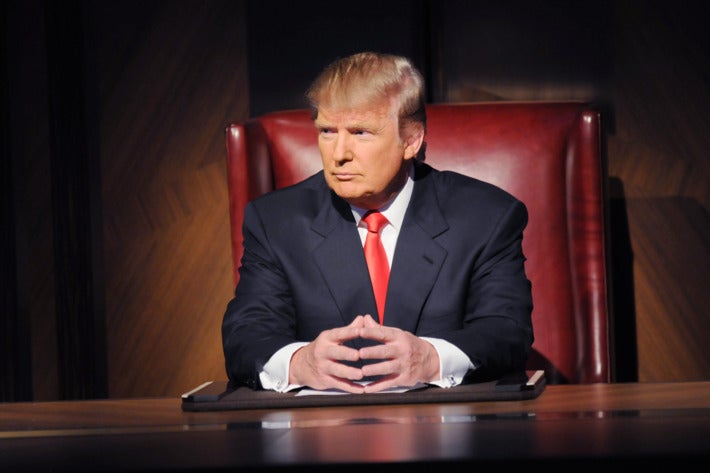Donald Trump threatens 'political reprisal' against rebel Republican Electoral College voters
The 'Hamilton electors' are organising a last-ditch attempt to keep Trump from the presidency

Your support helps us to tell the story
From reproductive rights to climate change to Big Tech, The Independent is on the ground when the story is developing. Whether it's investigating the financials of Elon Musk's pro-Trump PAC or producing our latest documentary, 'The A Word', which shines a light on the American women fighting for reproductive rights, we know how important it is to parse out the facts from the messaging.
At such a critical moment in US history, we need reporters on the ground. Your donation allows us to keep sending journalists to speak to both sides of the story.
The Independent is trusted by Americans across the entire political spectrum. And unlike many other quality news outlets, we choose not to lock Americans out of our reporting and analysis with paywalls. We believe quality journalism should be available to everyone, paid for by those who can afford it.
Your support makes all the difference.Donald Trump has reportedly threatened members of his own Republican party with "political reprisal" if they rebel and refuse to vote him in as president.
"The Donald Trump campaign is putting pressure on Republican electors to vote for him based on future political outcomes," an anonymous member of the US Electoral College told Salon.
Electors are voted in by people in their state who are supporting the candidate they want to become president. This process is called the "Electoral College".
There are 538 members and they are expected to vote in line with the majority of voters in their state. Throughout history more than 99 per cent of electors have done so, according to US government figures.
But a group dubbing themselves the "Hamilton Electors" are urging them to ignore their mandates and vote for a candidate other than Mr Trump. It is thought John Kasich, the Ohio governor who has twice made unsuccessful bids for the presidency might be considered as an alternative.
To date, eight "faithless electors" have come forward and said they will vote against their nominee for an alternative candidate. However, only one was from Mr Trump's Republican Party.
The other seven are Democrats, casting their votes elsewhere as a form of protest.
"Electors of conscience can still do the right thing for the good of the country," said the lone Republican dissenter Christopher Suprun, as the former firefighter and 9/11 responder announced his intention to rebel in the New York Times.
Mr Suprun suggested that several other electors were mulling a rebellion, and Harvard Law professor and former Democratic elector Larry Lessig has claimed that "at least 20" are willing to cast their votes elsewhere.
The threats reportedly being issued by the Trump camp are therefore likely intended to head off any remote possibility of a late shock.
Other Republican electors have stepped down in protest, or been forced to resign after declaring their intention to vote against the president-elect.
The Hamilton Electors need to win the support of 37 Republican electors to deny Trump the 270 votes he needs to secure the presidency.
If that happens by the time votes are cast on Monday 19 December, the election will be decided by the House of Representatives. It's happened twice before – but not since 1824.
The breakaway group is named in honour of Founding Father Alexander Hamilton, who wrote that electors had to ensure “that the office of President will never fall to the lot of any man who is not in an eminent degree endowed with the requisite qualifications.”
Join our commenting forum
Join thought-provoking conversations, follow other Independent readers and see their replies
Comments